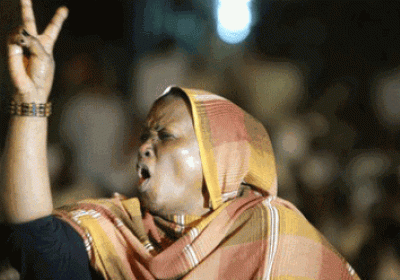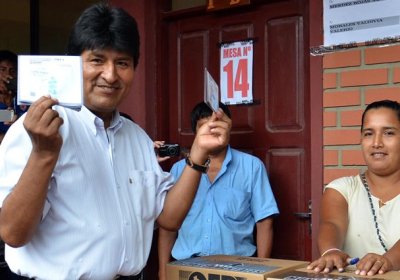Elections
A Short History Of Social Democracy: From Socialist Origins To Neoliberal Theocracy By John Rainford Resistance Books $20, 184pp. The rise and then fall of social democracy as a movement for fundamental social change is a modern tragedy of Shakespearean proportions. It is one of the epic stories of the 19th and 20th centuries.
New at LINKS International Journal of Socialist Renewal: 'People are capable of governing themselves', Marta Harnecker: From Allende to Chavez,
More than 7.7 million Cubans out of 8 million registered voters cast their ballots on April 19 to elect nearly 12,600 delegates out of about 27,000 candidates to the country’s Municipal Assemblies, TeleSUR English said the next day.
Sudan’s ruling National Congress Party (NCP) persisted with April 13-15 national elections, despite widespread condemnation of the process from inside and outside the country. Sudanese President Omer al-Bashir, who came to power in a 1989 coup, contested the presidency among 15 mostly unknown candidates. The election was boycotted by opposition groups. They have called for an inclusive consultation process to resolve the country’s substantial problems, establishing a transitional government, and immediately ending the repression of dissent as prerequisites for free and fair elections.
- Previous page
- Page 88
- Next page









